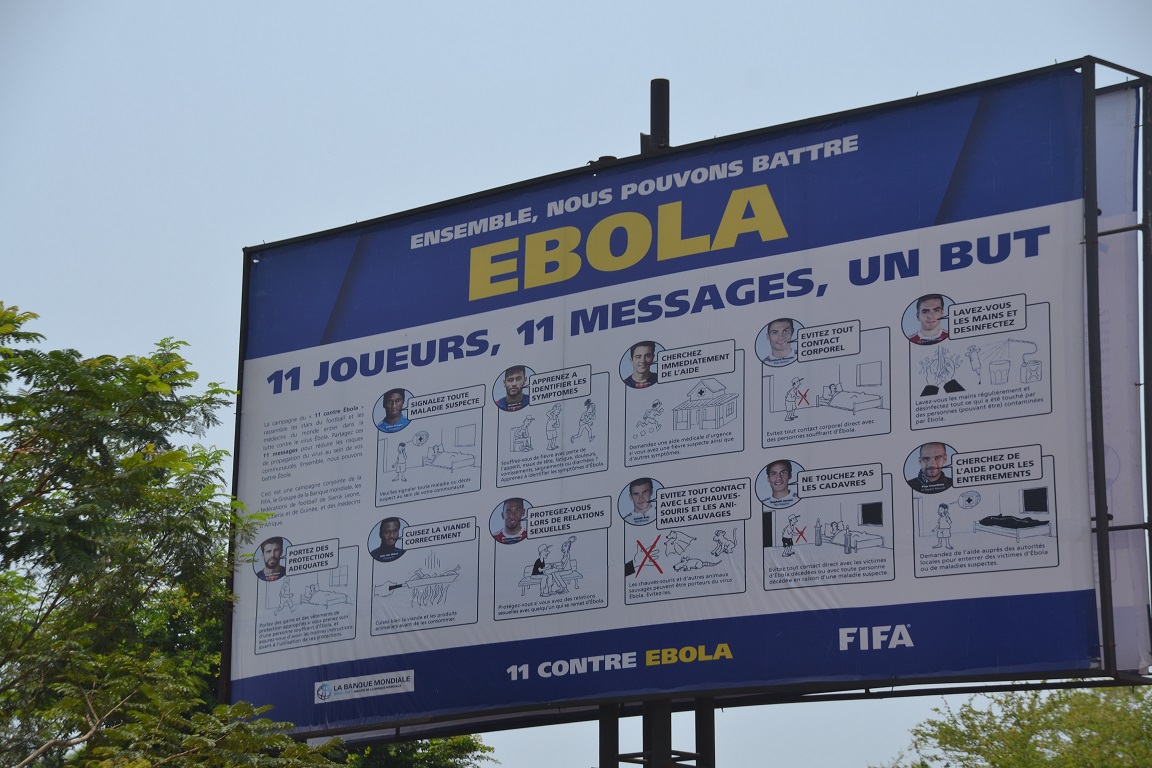Adaptive Ebola vaccine trials
There's a New York Times Room for Debate feature has an excellent discussion of the ethics of trials for Ebola treatments and vaccines. Here's part of the essay by Nancy Kass and Steven Goodman:
Ethics is not just figuring out which side poses better arguments; often it’s best to find a third way. Given the breadth and deadly nature of the current Ebola outbreak, and unknowns about treatments, an "adaptive approach" seems most appropriate. Adaptive approaches allow researchers to plan a sequence of studies, or modify a single study in almost real time, as they learn more about a drug. In West Africa, for example, the first 40 Ebola patients in a trial could all get an experimental treatment, and nobody would take a placebo. If nearly all patients survived, in settings where most others were dying with the same supportive care, then it is possible that placebo testing could be avoided, and subsequent trials could randomize to different doses or treatments.But if the results of the first trial, without placebos, revealed anything less than an almost certain cure, a design with proper controls would have to be initiated, and explained to those participating in the trial. Patients must be told that the drug is not a guaranteed life-saver, so they can see the point of the control group. (And given the multiple beliefs about Ebola among West Africans, creative approaches to promoting understanding and consent are important as well.) These placebo-controlled trials could themselves be adaptive in design, randomizing more patients to whichever therapy appears most effective, until the verdict is clear. If we are to design trials to minimize suffering and death in a whole population, we must temper our compassion with humility about what we think we know.
Terrible choices
Les Roberts, an epidemiologist who teaches at Columbia, is currently working with WHO on the Ebola epidemic in Sierra Leone. Columbia is sharing his blog posts here. The latest post, from 3 days ago in Freetown, details efforts to triage patients to prevent additional infections. Things just keep getting worse, and it's to a point where there are no good choices, only terrible choices and slightly less terrible ones. An excerpt:
We are about to assist thousands and thousands of people to die an excruciating death at home without even the most mild of pain relief. We are going to set up treatment facilities in hundreds of villages for one of the most deadly of diseases to be largely run by volunteers who will be lucky to get 3 days of training. Dozens, perhaps hundreds of them will die. And the most surreal aspect of this triage for me is that I completely think that this is the right thing to do given where we are and the limited ability to respond.
